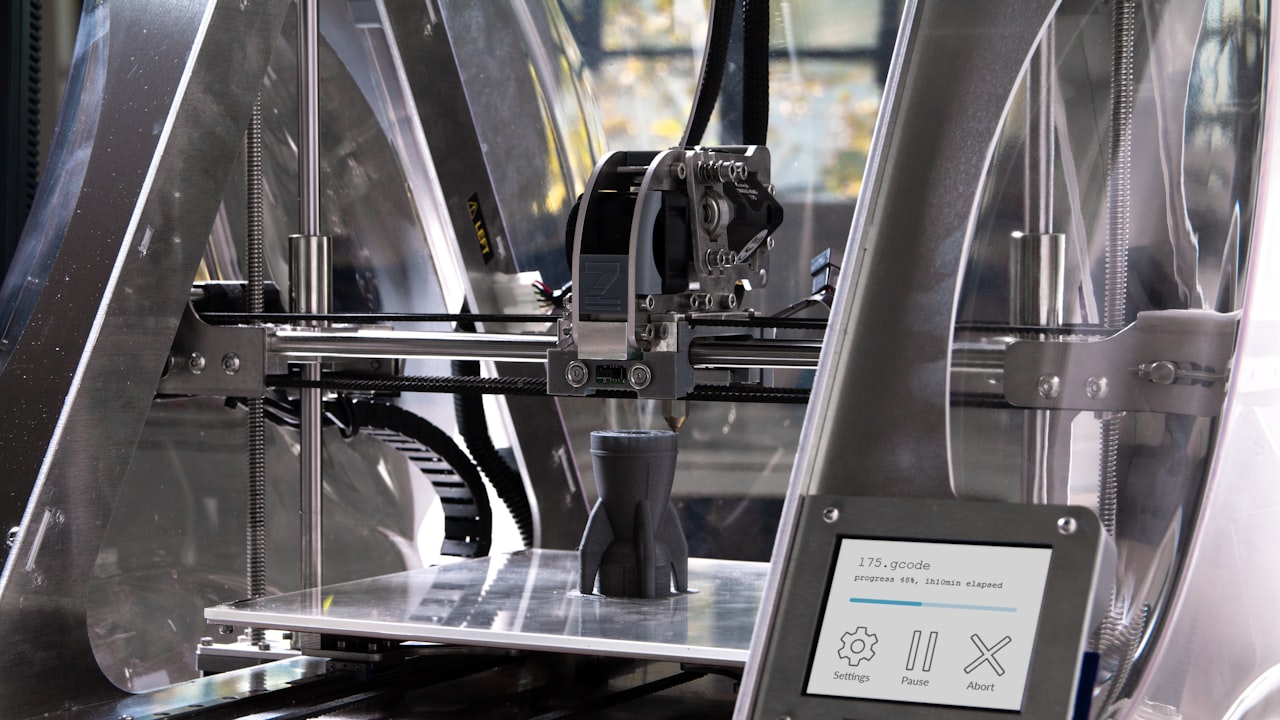 Title: Revolutionizing Pharmaceutical Production: The Impact of Pharmaceutical Machinery
Title: Revolutionizing Pharmaceutical Production: The Impact of Pharmaceutical Machinery
Pharmaceutical industry has seen rapid advancements in recent years, thanks to the development and widespread adoption of cutting-edge pharmaceutical machinery. Among the most essential pieces of equipment in pharmaceutical manufacturing are the table press machine and capsule filling machine. These machines play a pivotal role in the production of various types of medications, from tablets to capsules, ensuring consistency, efficiency, and high-quality output.
Table press machines, also known as tablet presses, are vital in the process of manufacturing pharmaceutical tablets. These machines operate by compressing powdered ingredients into compact, solid dosage forms. The Tablet Press Machine typically consists of a hopper for holding the raw materials, a set of tooling to shape the tablets, and a compression mechanism to apply pressure and form the tablets. The technological advancements in table press machines have enabled pharmaceutical companies to increase their production capacity while maintaining precise control over the size, shape, and composition of the tablets.
Similarly, capsule filling machines are crucial in the production of pharmaceutical capsules, which are widely used for encapsulating powdered or liquid medications. These machines are designed to efficiently fill empty gelatin or vegetable-based capsules with the desired dosage of medication. The capsule filling process requires precision and accuracy to ensure uniform dosage in each capsule. Advanced capsule filling machines, such as those equipped with automatic filling and sealing mechanisms, have revolutionized the pharmaceutical manufacturing process, enhancing productivity and minimizing human error.
Two common types of table press machines used in pharmaceutical production are TDP (Tablet Press Machine) and THDP (High-Speed Tablet Press Machine). TDP machines are versatile and ideal for small to medium-scale production, offering flexibility in terms of output and tablet design. On the other hand, THDP machines are designed for high-speed production, capable of producing a large volume of tablets in a shorter period of time. With the advancement of technology, newer models of THDP machines are equipped with enhanced features such as automatic data monitoring and process control, further improving efficiency and product quality.
In conclusion, the advent of advanced pharmaceutical machinery, including table press machines and capsule filling machines, has significantly transformed the landscape of pharmaceutical production. These machines have revolutionized the way medications are manufactured, making the process more efficient, accurate, and automated. As pharmaceutical companies continue to invest in cutting-edge machinery and technology, the future of pharmaceutical manufacturing looks promising, with a focus on innovation, quality, and patient safety.





